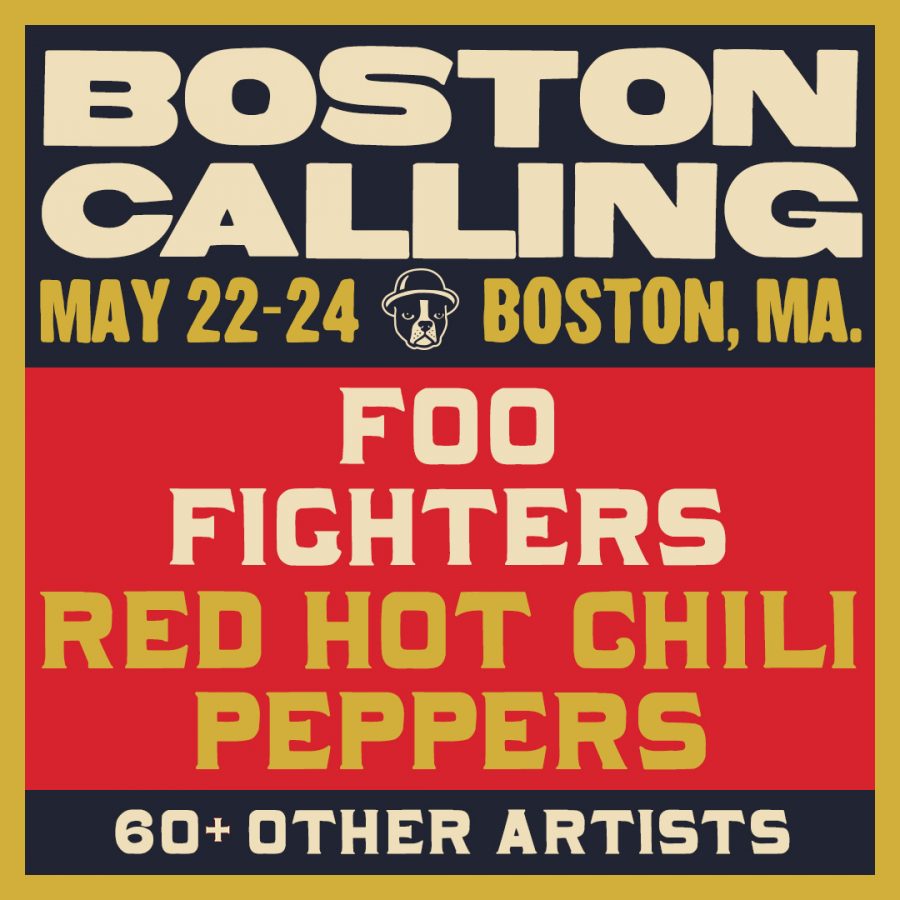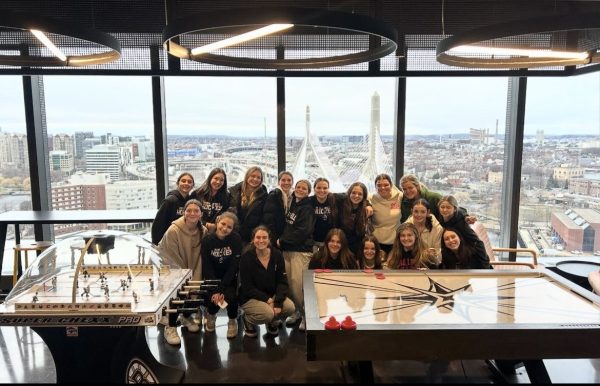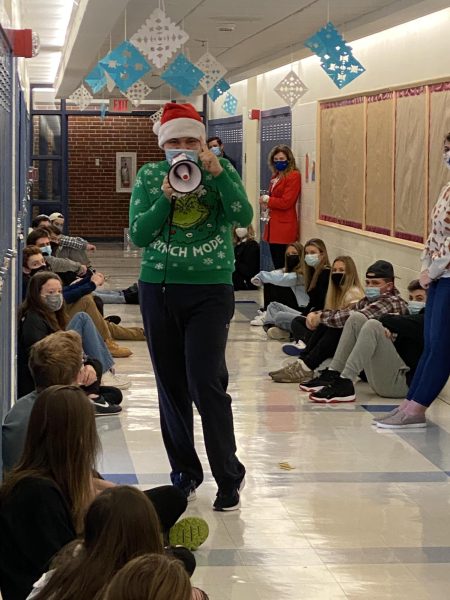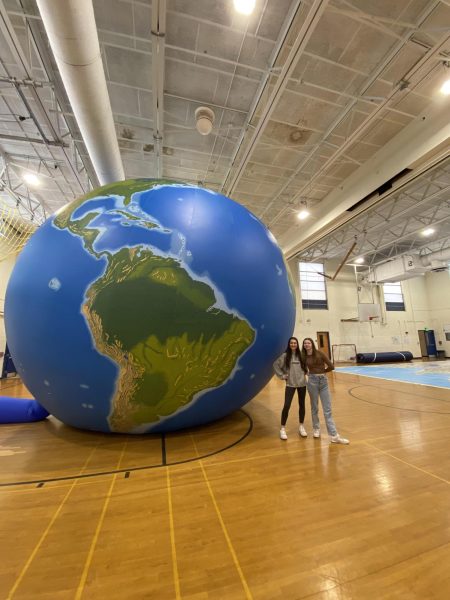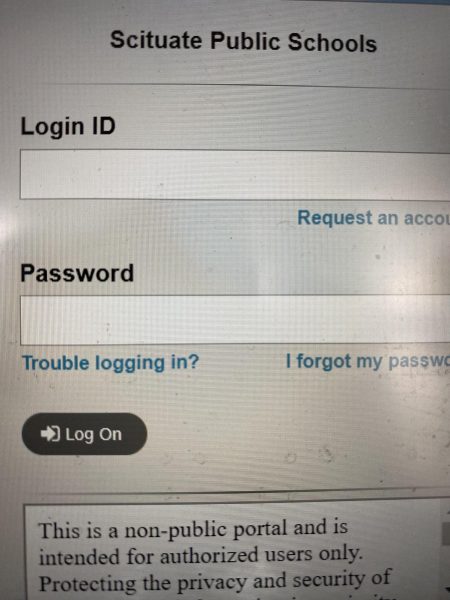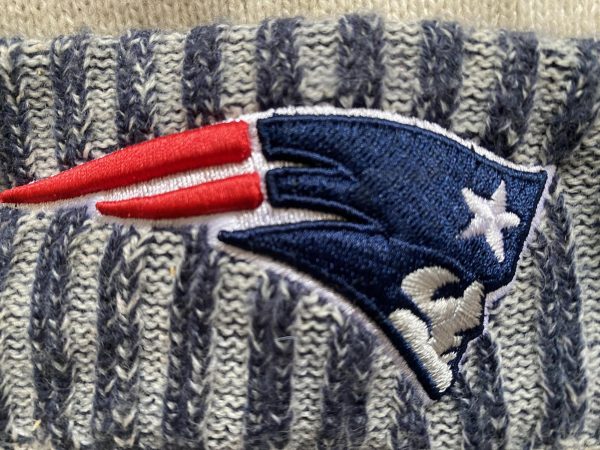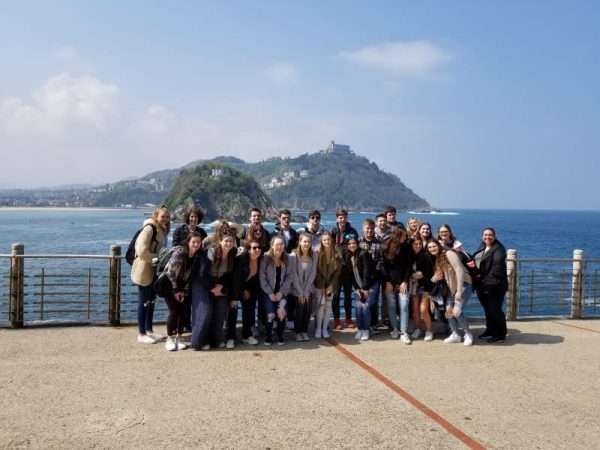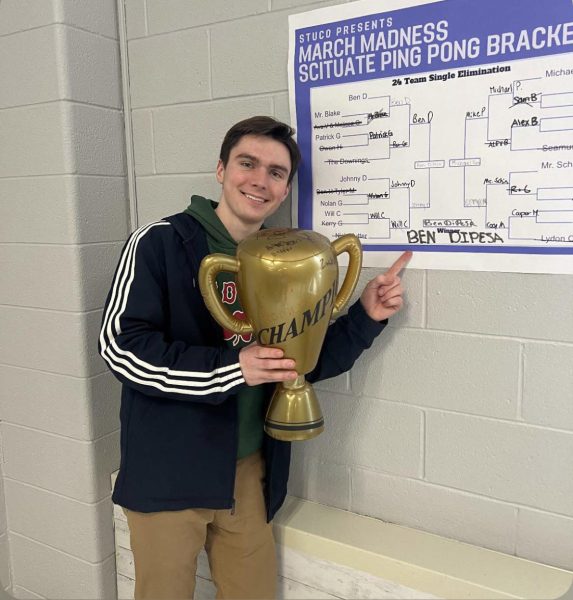Boston Calling 2020 Headliners Offer Necessary Change
30-60-year-old rockers expected to attend this year’s festival
February 13, 2020
Hip hop and rap artists dominate the modern music industry, having ripped formerly popular genres from the fabric of mainstream media and entranced the world’s eyes and ears. The biggest casualty of this is rock and roll, which has fallen quite dramatically from the heights it reached between the 70s and 90s. This may be acknowledged by many people, but it seems to have been lost on the organizers of Boston Calling.
Boston’s popular annual music festival recently announced its 2020 lineup, and it doesn’t exactly feature the freshest blood: The headliners are Foo Fighters, Rage Against The Machine, and Red Hot Chili Peppers. Lots of teenagers were not pleased with this: many denounced it as the worst festival lineup of the year and furiously complained about the lack of hip, new artists. By opting for a trio of aging rock bands, Boston Calling organizers have taken a step back in time–and in the wrong direction.
Except they haven’t.
Knee-jerk reactions to the 2020 Boston Calling headliners certainly shed a light on the shallow listening habits of today’s youth: many of them are so bound to hip hop culture that they fail to appreciate modern music’s roots. Rock is globally commended for its various contributions to music, from which many modern artists draw influence. It delves much deeper than its surface identity by featuring a plethora of sub-genres: classic rock, rap rock, punk rock, psychedelic rock, funk rock, hard rock, progressive rock, and alternative rock, to name a few. By offering diversity that extends further back than America’s acceptance of cultural diversity, rock is simply a revolutionary force. It’s the calling card for celebrated legends like The Beatles, Pink Floyd, and Led Zeppelin. Foo Fighters, Rage Against The Machine, and Red Hot Chili Peppers, a group among those celebrated legends, are some of the few stars left on the fading rock scene. Let me educate y’all:
Foo Fighters are a no-nonsense rock band rooted in Seattle. Leadman Dave Grohl, one of the most recognizable faces in rock today, started the band in his basement following the dissolution of Nirvana. Since then, they’ve skyrocketed to profitable heights and become iconic for their sing-along anthems and flare for the loud. Apart from the unapologetically energetic Grohl, the band consists of drummer Taylor Hawkins, rhythm guitarist Pat Smear, lead guitarist Chris Shiflett, bassist Nate Mendel, and pianist/organist Rami Jaffee. Their appearance on this lineup is a bit surprising considering they’ve been relatively quiet since their 2018 Concrete and Gold World Tour; some have even speculated this to be a teaser for a new album later in 2020 or in early 2021. If you’re looking to get your Foo on, I suggest listening to “Everlong,” “The Pretender,” “Best of You,” “My Hero,” and “Learn to Fly.” As someone who has seen them live at Fenway Park, I can add that they put on the loudest concert I’ve ever attended, and they demonstrate a knack for getting the crowd immersed in their show.
Rage Against The Machine is a rap-rock band born from the ashes of fiery, political agitation in the 90s LA scene. Their set at Boston Calling is just one of many notable stops (Coachella and Firefly) on their 2020 reunion tour. Manned by vocalist Zach de la Rocha, bassist Tim Commerford, guitar wiz Tom Morello, and drummer Brad Wilk, their revolutionary, activist lyrics resounded well with audiences from 1992-2000. As political controversy heats up in the US amidst the 2020 presidential campaign, they’re hoping to capitalize and captivate. Essential RATM brushing-up includes “Killing In The Name,” “Bulls On Parade,” “Guerilla Radio,” “Sleep Now In the Fire,” and “Know Your Enemy.”
The Red Hot Chili Peppers are a funk rock band as spicy as their name suggests. Composed of drummer Chad Smith, bassist Flea, guitarist John Frusciante, and lead man Anthony Kiedis, the band has experienced tremendous success between 1990 and 2006. Today, they’re recognized as one of the greatest funk-rock bands of all time. Their inclusion in this festival lineup is especially fascinating considering the recent return of John Frusciante, who left the band in 2009 and was announced to be returning for a second stint in 2019. He was the band’s guitarist during their most prominent period and has received critical acclaim for his terrific soloing skills. As someone who has been to one of their concerts before, I can add that RHCP offers both chill jams and rock hits, with Flea electrifying their performance as a showman in his own right. For pre-festival familiarization, I recommend “Under the Bridge,” “Californication,” “Snow (Hey Oh),” “Otherside,” and “Can’t Stop.”
One of the inevitable impacts of this year’s headliners will be the festival audience: the demographic will be skewed. What was recently a group of high school/college students partying and lighting up at Harvard Athletic Complex, will now shift to thousands of 30-60-year-old rockers (also smoking their fair share of weed). Boston Calling doesn’t exactly have a good track record when it comes to population control, and the size of the rock-following in Boston is huge, so I would expect this year’s crowds to be as raucous as ever. Potentially, we may even see a bigger turnout than last year’s Travis Scott-featured festival.
Although the headliners are sure to split ticket-buyers, they unanimously agree this year’s undercard is weak. It’s composed of mainly local, small-time artists who will simply burn time between headliners. The few bright spots among the supporting acts are The Struts, Run The Jewels, Liam Gallagher, and The 1975. It would seem the festival organizers invested the majority of their budget in the headliners and had too little left to afford notable secondary acts, which begs the question: Are the headliners alone worth the ticket price?
Music is extremely subjective, so there is, of course, no chance of changing festival-goers’ taste in music, nor do I intend to. I simply urge them to acknowledge the Boston Calling organizers have struck gold. As expensive as tickets are for this year’s festival, they are not without reason. Yes, the headliners alone are worth the cost.
